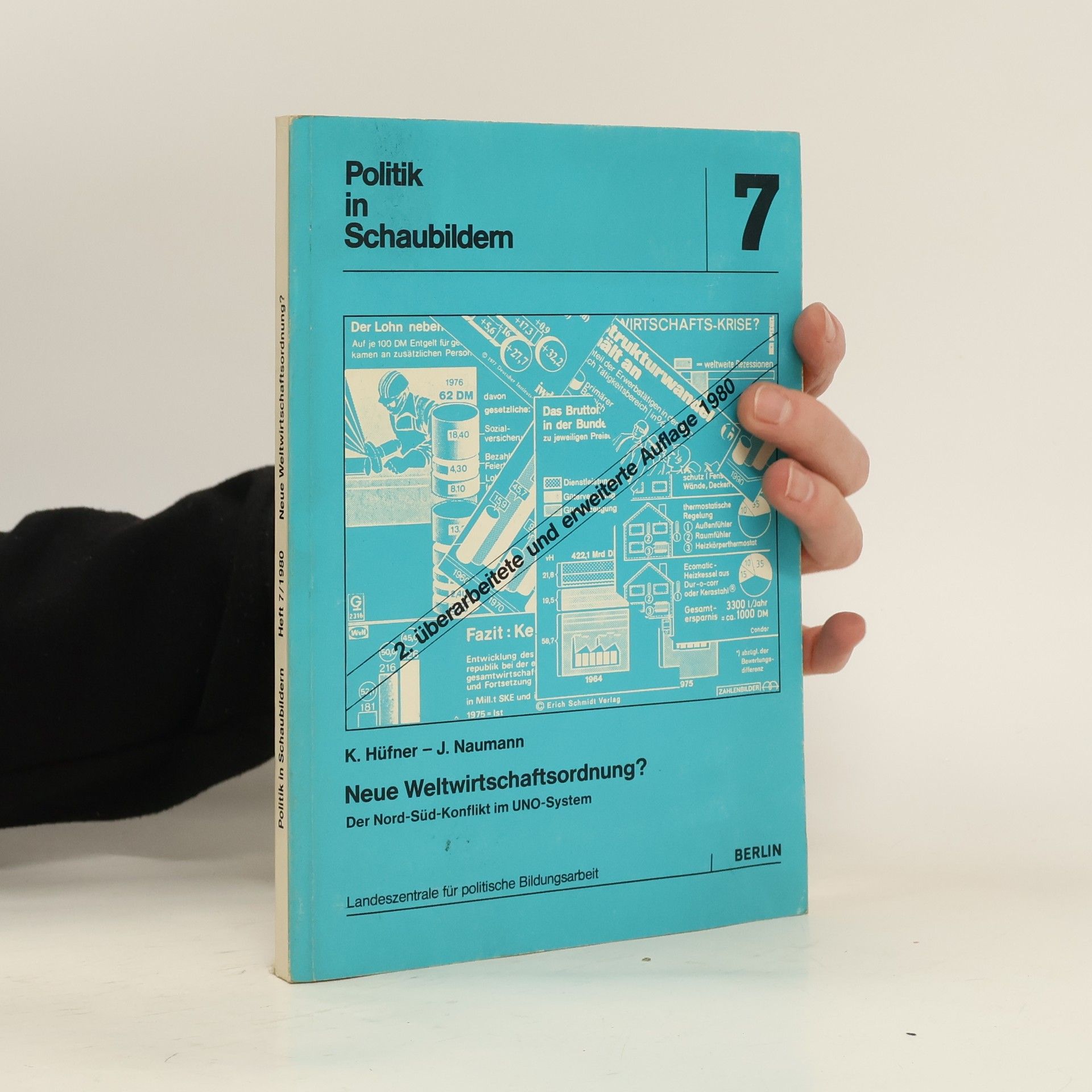Agenten des weltweiten Multilateralismus
Die Sonderorganisationen im System der Vereinten Nationen
In dieser knappen und gut lesbaren Einführung stehen die Sonderorganisationen der Vereinten Nationen im Mittelpunkt. Klaus Hüfner porträtiert alle 17 Organisationen: jene mit breiten ökonomischen, sozialen oder kulturellen Aufgaben (Ernährung, Arbeit, Bildung, Industrialisierung und Gesundheit), die sogenannten technischen (z. B. für internationale Zivilluftfahrt, internationales Fernmeldewesen und weltweiten Postverkehr) sowie die währungs- und finanzpolitischen Sonderorganisationen. Einem kurzen Überblick zur Entstehung der jeweiligen Organisation folgen Angaben zu ihren allgemeinen Zielsetzungen, zu Aufbau, Arbeitsweise und Finanzierung (letztere mit besonderem Augenmerk auf die Beiträge Deutschlands). Ein kurzer Ausblick auf anstehende Aufgaben mit Bezügen zur UN-Agenda 2030 für nachhaltige Entwicklung, anschauliche Diagramme, übersichtliche Tabellen, umfassende Literaturhinweise sowie die Anschriften aller Sonderorganisationen und der jeweils verantwortlichen Bundesministerien runden den Band ab.


